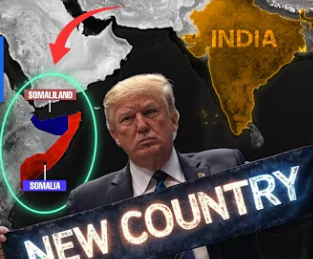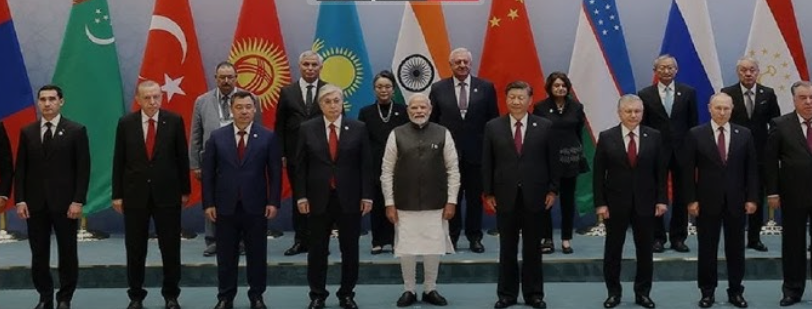US President-elect Donald Trump may recognise Somaliland, the breakaway self-governing region of Somalia
Somaliland, a self-governing region within Somalia, will be much closer to being recognized by the United States as the world’s newest country when Donald Trump returns to the White House in January
In 1991, after a civil war, a group opposed to the federal government secured the country’s northern part along the Gulf of Aden and declared it as a new country called Somaliland. Even though the region has governed itself independently of Somalia, it lacks international recognition
Owing to Somaliland’s strategic location, however, a number of nations have ramped up engagement with it such as Ethiopia and the United Arab Emirates (UAE), have entered into port deals with Somaliland as well.
The territory held its sixth successful election since reclaiming independence from Somalia in 1991, bringing opposition leader Abdirahman Mohamed Abdullahi to office as president
WHY SOMALILAND IS BENIFICIAL FOR USA?
Recognizing Somaliland could enable US intelligence to set up long term operations to monitor the movement of weapons in a volatile region as well as keep an eye on Chinese activity. China already has a permanent military base in neighboring Djibouti. It should allow the US to better monitor Houthi activity in Yemen.
If Trump does recognize Somaliland it will likely be disruptive to the Horn of Africa region — which includes Somalia, Ethiopia, Djibouti and Eritrea — say US-Africa watchers, including some who support the idea
Recognizing Somaliland would undoubtedly rattle the rump state of Somalia, further destabilize the Horn, and elicit a sharp rebuke from the African Union.

The support for recognizing Somaliland from Africa watchers on the US right is ostensibly about long-term relations with people in the territory. But it’s also about strategic military and shipping interests in the region, as well as countering China. In particular, the Bab-el Mandeb strait in the Gulf of Aden between Somaliland’s Berbera port, Djibouti and Yemen is a “critical shipping choke point” for moving goods and military wares in the sub-region.
One of Trump’s last orders as president was to withdraw troops from Somalia in matter of somaliland but then Biden countermanded that order. There is nothing that Trump hates more than someone overruling him so I used that to push the argument.
Trump’s focus on a transactional approach with Africa will likely place an emphasis on reducing development assistance in favor of expanding US-Africa business ties and fostering economic growth through free-market principles
One such situation is the one unfolding in Somaliland. In recent years, some Republicans have advocated for the recognition of SOMALILAND as an independent state in order to strengthen US strategic influence by the Red Sea. Recent reporting suggests that Trump may do so once in office—marking a considerable change in US policy toward the Horn of Africa.
CONCLUSION;
Much has changed in Africa since Trump left the White House in January 2021. Most notably, African nations have an ace up their sleeve: a new centrality on the world stage that makes them highly courted partners around the world. Africa now has options. The ball is therefore in Washington’s court to engage on the continent. Otherwise, “America first” may take a backseat to “Africa first”—to US adversaries’ benefit.
While Somaliland has close links with the UK as a former part of the empire, the only country which recognises it is Ethiopia which signed a deal for access to the sea at the port city of Berbera.
Previous attempts to recognise Somaliland were effectively blocked by former US president Barak Obama who supported Somalia’s claim. President Joe Biden supported this position even though Somalia is a centre for international piracy and terrorism; US intelligence flagged possible discussions with the Houthis – who are attacking shipping in the nearby Gulf of Aden – to provide weapons to the militant al-Shabaab in Somalia.
READ MORE;
















